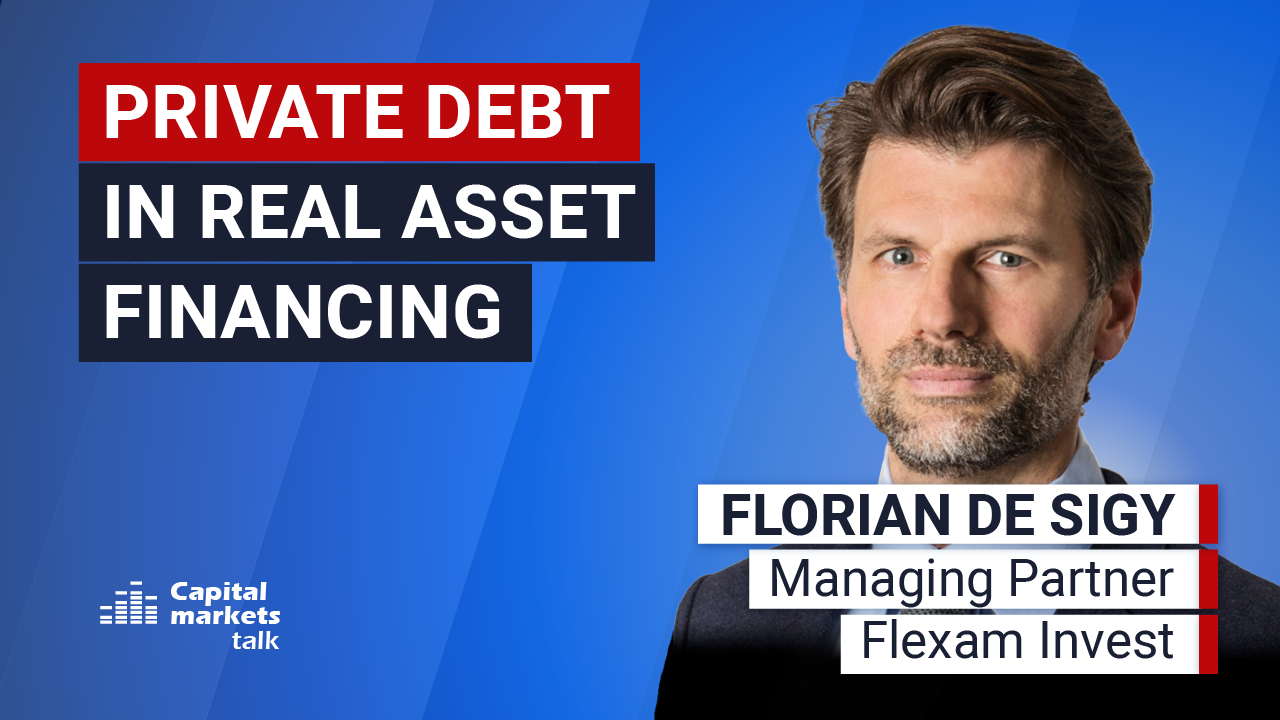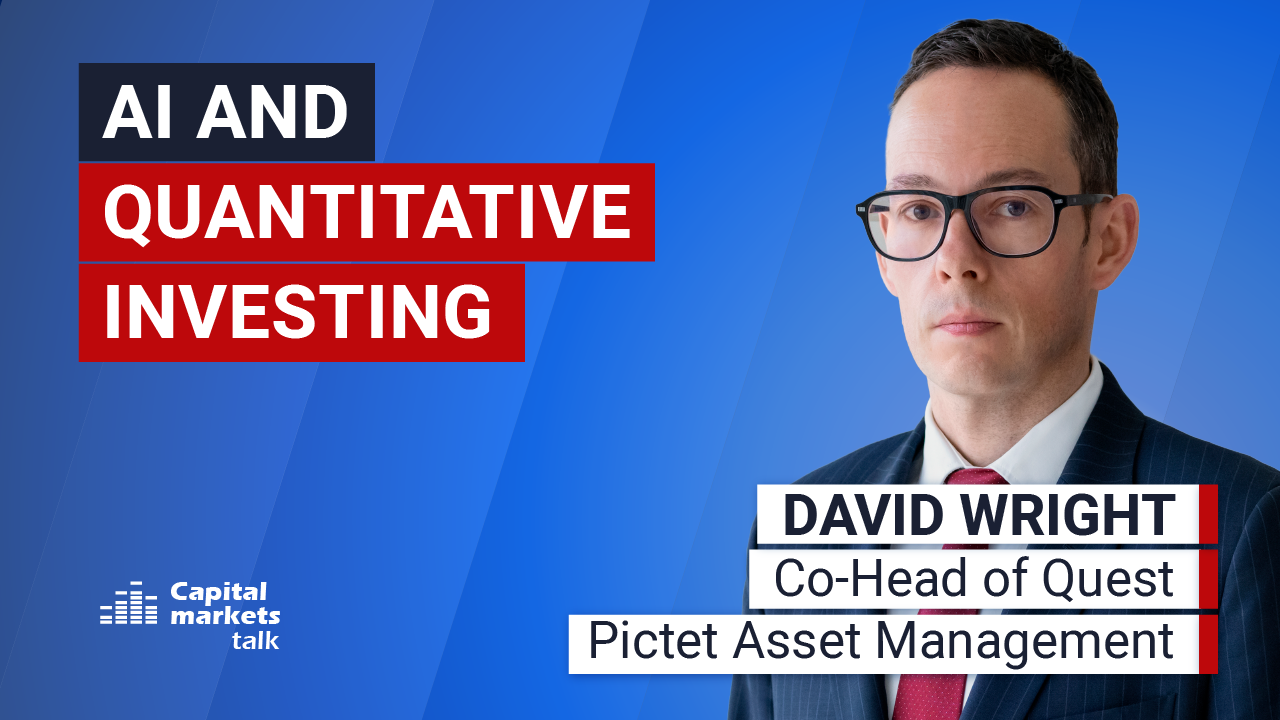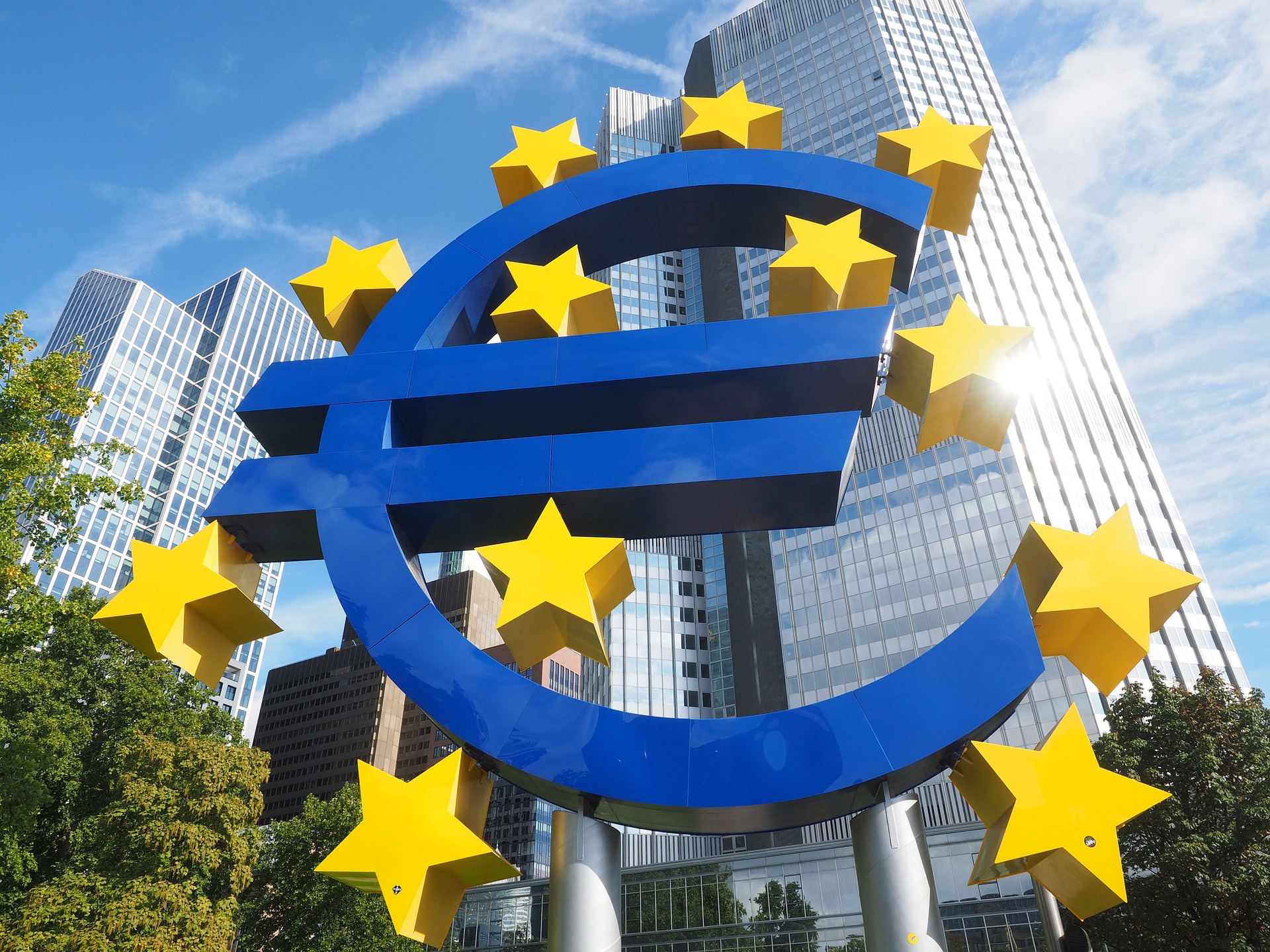The Russia-Ukraine war added to inflationary pressures for economies across the globe, especially Europe due to its dependence on energy supplies from Russia. Europe had managed to keep its main Deposit Rate in the negative territory for over a decade but finally delivered a larger-than-expected 50 bps rate hike last week.
The European Central Bank has indicated further rate hikes in the meetings to come, with asset managers predicting a credit crunch going forward. “While banks are in a better condition compared to the sovereign debt crisis more than a decade ago, they have already become more risk-averse. The exit from crisis support measures will further constrain their ability to lend,” writes Allianz Trade in an insights report. The trade insurance company says credit conditions and demand for house purchases will be affected, whereas corporate loans are comparatively less sensitive.
Asset management firm Schroders speculates that the ECB chose an immediate large increase in key rates as a compromise for the dovish guidance for its September meeting. However, the insights report by Schroders says that “interest rates could end up exactly where they were previously expected to reach.”
Separately, Morgan Stanley in a recent podcast discussed the European economy and salient points for investors. “The outlook is relatively muted, as I said, and I think a recession is clearly in the card,” said Morgan Stanley’s Chief European Economist Jens Eisenschmidt. “We have still accommodative monetary policy, so, all in all, we still have positive and negative factors, but we think that the negative factors are starting now to have the bigger weight in all this”. The Morgan Stanley economist is anticipating another 50-bps rate hike in September, followed by 25 bps each in October and December.
Analysts at Goldman Sachs in a report echoed the same rate hike view as Morgan Stanley, citing weaker growth and energy challenges. Talking about fixed income in Europe, the American investment bank said, “Notwithstanding the complex macro backdrop of high inflation, slowing growth and tightening monetary policy, we remain overweight investment grade and high yield corporate credit.”
“We now expect the ECB to front-load more of its rate hikes. Overall, however, we still expect a much shallower hiking cycle in Europe than in the US,” writes Samy Chaar, Chief Economist at Lombard Odier, in an insights blog. The investment management firm says that Europe’s inflation is imported and largely out of ECB’s control, while domestic demand is still below pre-pandemic levels.
Read more

Global Trade
Trump ignites global trade war / Reactions
The USA itself will be the victim of Trump’s trade policy.

Private Debt
The case for private debt in real asset financing
What makes the combination of private debt and real assets particularly compelling in today’s market?

Schroders
Looking ahead: 30-year return forecasts
Higher returns are expected across asset classes, driven by stronger productivity growth for equities and elevated long-term central bank rate projections for bonds.

Quant Investing
AI and quantitative investing
Artificial intelligence applications go way beyond stock selection.

Bellevue Asset Management
Demographics and AI drive MedTech stocks
MedTech investment case: What makes it attractive, which trends stand out?





















